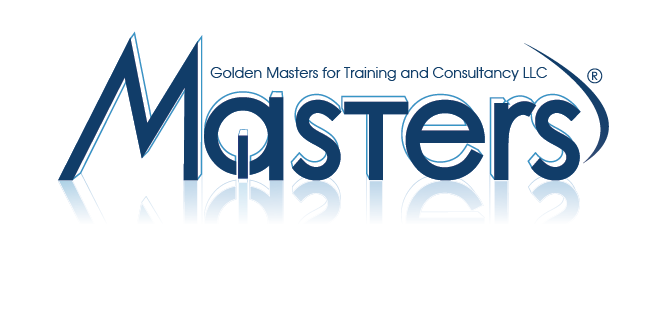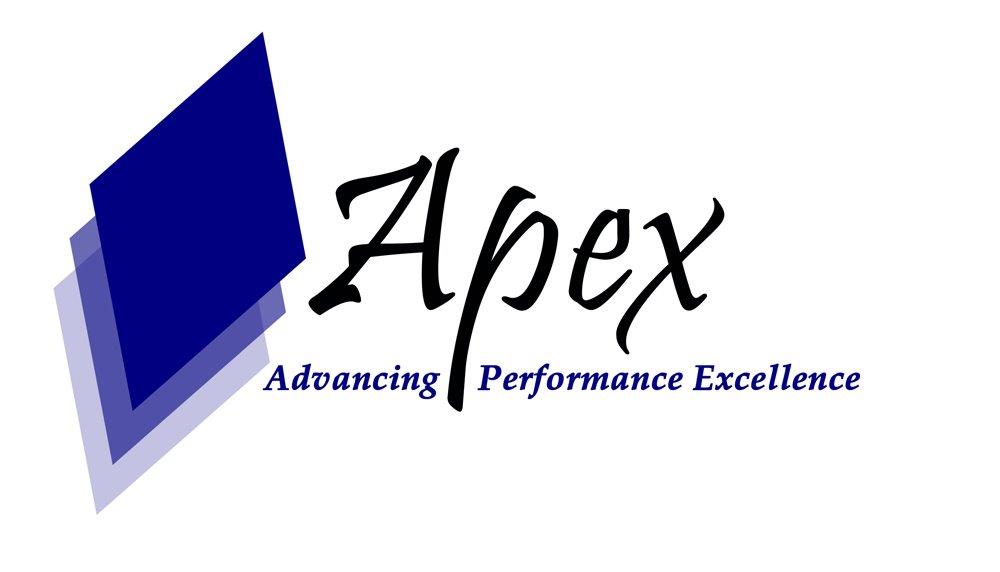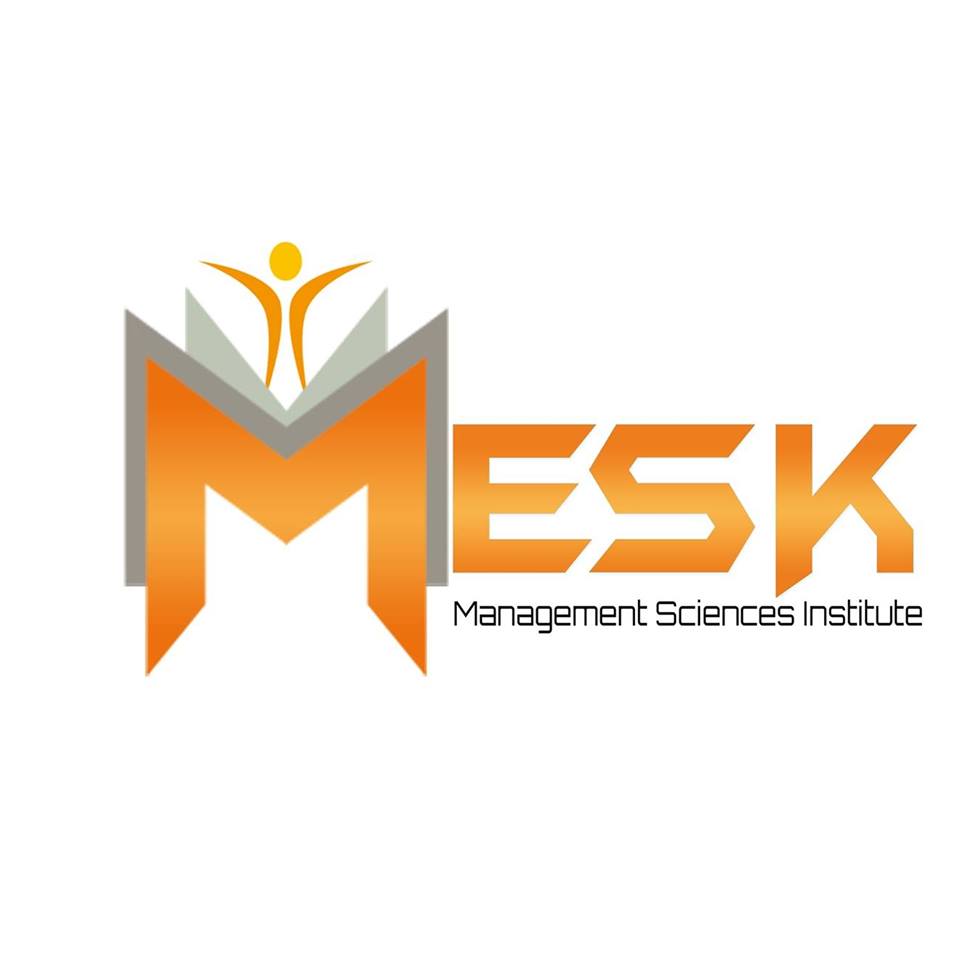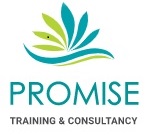This course is intended to show a strategy in implementation a Computer Maintenance Management System for the participants looking for ways to evolve and computerized their management system. The training program provides attendees with an i

Course Description:
This course is intended to show a strategy in implementation a Computer Maintenance Management System for the participants looking for ways to evolve and computerized their management system.
The training program provides attendees with an insight of what might be the present state of organization within their Maintenance Department. Then give them an opportunity to see what is available through implementing a Computer Maintenance Management System to reach for the desired level of organization and to review the tools it will take in closing the gap
Course Objective:
The course will provides attendees with the methods; process and techniques used in Computer Maintenance Management Systems needed for achieving and sustaining a successful implementation of a system within their Maintenance Departments.
During the course, attendees will have the opportunity to review an “Interactive Computer Maintenance Planning and Management Systems” and bring along their laptop computers to join in a practical session.
Course Certificate:
Masters Consultant certificate will be issued to all attendees completing minimum of 75% of the total tuition hours of the course.
Who Should attend?
This course is targeted for all companies interested and using Computer Maintenance Planning and Management Systems. Recommended attendees should include Maintenance Managers, Maintenance Supervisors, Maintenance Engineers, Maintenance Planning and Scheduling Engineers, Maintenance Team Leaders and Purchasing Managers
Course Outline
Day 1
1. The basic maintenance department’s function and objectives.
2. A CMMS overview of functions and benefits.
3. Deploying a Computerized Maintenance Management System.
4. Preventative Maintenance.
5. Predictive Maintenance.
6. Maintenance Planning.
Day 2
7. Maintenance Scheduling.
8. Measuring Maintenance Departments Efficiencies.
9. Maintenance cost analysis for optimum maintenance strategy.
10. Computer application to select the optimum maintenance strategy.
11. Maintenance work allocation.
12. Optimum maintenance sequencing.
Day 3
13. Maintenance project management and planning.
14. Programming evaluation review technique.
15. Critical path method
16. Evaluating Time-Cost Trade-off.
17. Work order priorities.
18. Interactive practical applications.
Day 4
19. Work orders: New, Modify, Filter Out, Close, Add Labor, View, and Print.
20. Asset (Employee, Equipment, and Materials): A New Asset, View And. Modify Existing Work Assets, Filter Out Asset Information.
21. View work order history on A particular asset.
22. Add, Modify, Filter Out Locations.
23. Interactive practical applications.
Day 5
24. Register a new maintenance task in the CMMS.
25. View And Modify an existing maintenance task.
26. Create a maintenance schedule master.
27. Modify and view an existing maintenance schedule.
28. Generate CMMS reports.
29. Interactive practical applications.
30. Questions/Discussion and Wrap-up.
Masters Training Company was established in response to the growing need for quality training to support the business community within your Company, Department or Organization by providing a high standard of Training Programs, Courses, Seminars, Workshops and Consultancy Services to employees in a very competitive business environment.
Masters is also an approved vendor from KHDA & ILM
(Institute Review)
55 years ago(Institute Review)
55 years ago
The training is designed for engineers and technicians who are working in industries and factories as responsible for maintaining Hydraulic and Pneumatic units to keep them aware with the latest technology in those fields and also to improve

'Managing Risk, Reliability & Loss Prevention in Process Plants' training is offered by Mesk Management Sciences Institute. Kindly contact us to inquire and find out about the schedule and complete outline.

The course is a 5-day, highly interactive program designed and delivered to build an attendee’s knowledge on global best practices regardless of the learner’s starting point. The course covers the salient points and knowledge base as outlined and defined by the Society for Maintenance and Relia...

This course is beneficial for professionals working at all levels of maintenance and reliability in a firm and also for those who wish to enter this line of work. It explains the known best practices where real-world issues will be demonstra

This 5-day training course on Machineray Failure & Vibration Analysis will help you understand all the essential aspects of the highlighted topic. The training is led by an expert and qualified trainer.
© 2025 www.coursetakers.ae All Rights Reserved. Terms and Conditions of use | Privacy Policy